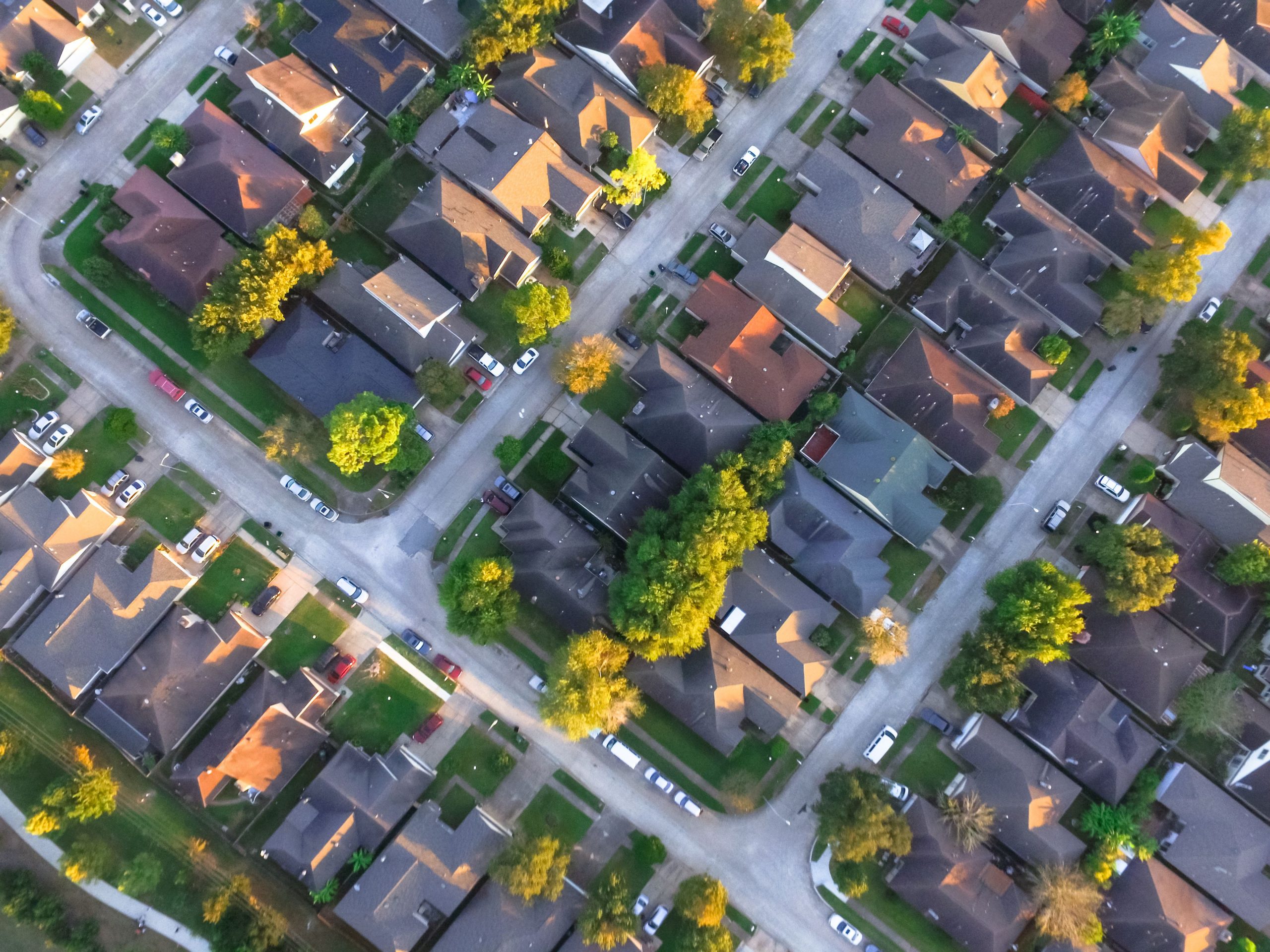Neighbourhood characteristics and violence rates: Investigating associations over time
Violence is a critical issue in the UK, both in terms of its impact on individuals and communities and its prominence in public and media discourse. Violence has many negative effects for victims, ranging from emotional and/or physical impacts to isolation and withdrawal from social life. Victims of violence suffer the effects for longer periods of time compared to victims of other crime types and the societal economic cost of violence is also considerable with the total cost of violence in London alone in 2018–19 was £3 billion.
Few studies have examined violence at the neighbourhood level, and even fewer have investigated how changes in neighbourhood characteristics relate to changes in violence over time. The recent study, Increases in disadvantage and instability are associated with rising violence, led by Ferhat Tura (Bournemouth University) with Oluwole Adeniyi (Nottingham Trent University) and VISION researchers Ruth Weir (City St George’s University of London) and Niels Blom (University of Manchester) investigates the association between changes in neighbourhood characteristics and changes in violence rates in England and Wales between 2011 and 2021.
They argue that rising levels of social disadvantage—particularly in relation to unemployment, poor health, lone-parent households, residential mobility, and social housing—are associated with increased neighbourhood-level violence.
The research team highlights that increased ethnic heterogeneity when it coincides with growing deprivation (e.g. poor health and no qualification) is associated with rising violence risk. There is a need to address structural inequalities through investment in housing, health, education and community stability. Policy responses should extend beyond criminal justice to promote long-term violence reduction and community well-being.
Recommendation
Social policies should focus on long-term investment in deprived neighbourhoods, including affordable and stable housing to reduce residential turnover and improve long-term outcomes for residents.
For further information: Please contact Ferhat at ftura@bournemouth.ac.uk
To cite: Ferhat Tura, Ruth Weir, Niels Blom, Oluwole Adeniyi, Increases In Disadvantage and Instability Are Associated With Rising Violence, The British Journal of Criminology, 2025;, azaf080, https://doi.org/10.1093/bjc/azaf080
Photograph from Adobe Photo Stock subscription




